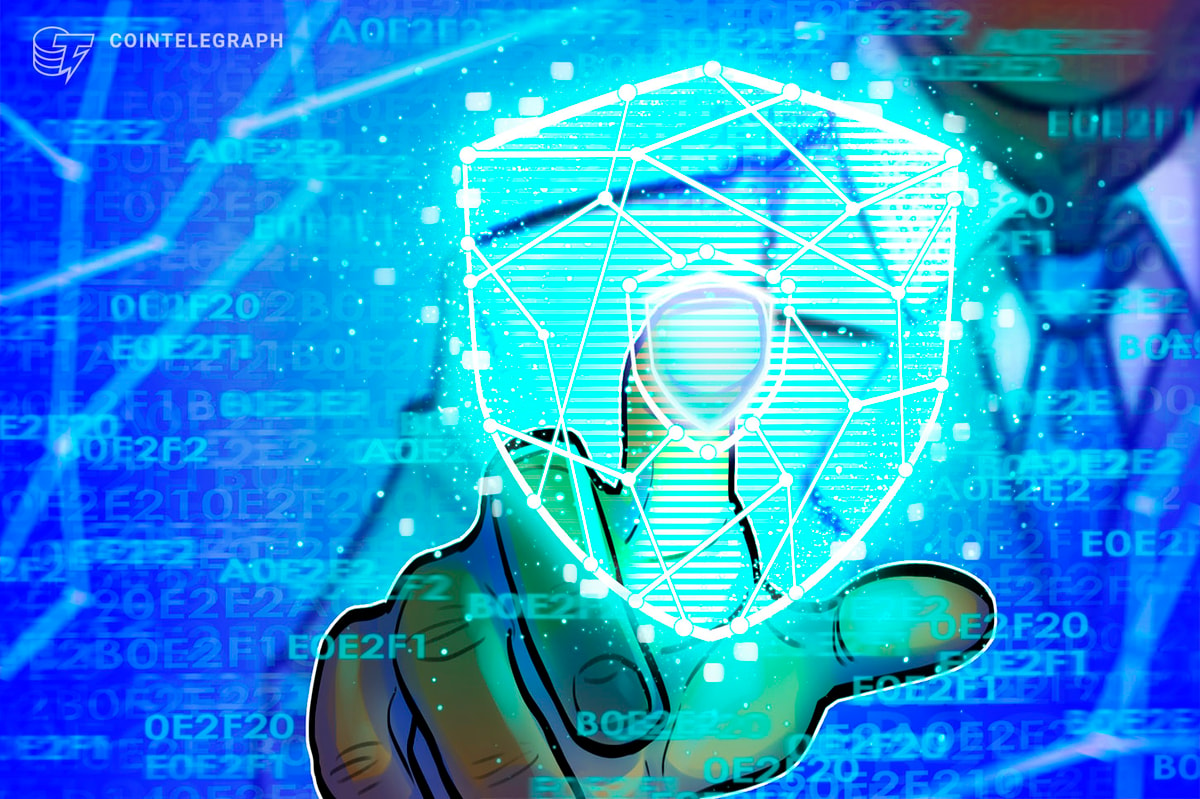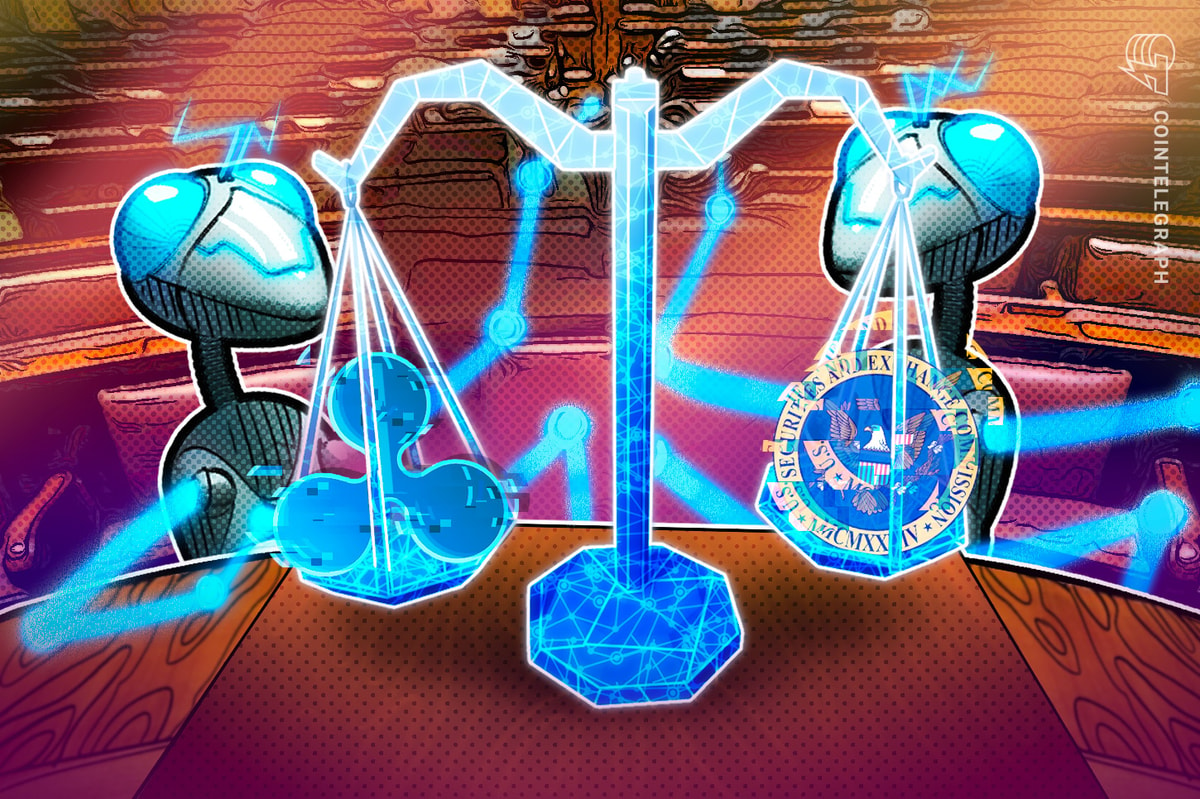Decentralized identity solutions, data ownership, and protecting sensitive information will be key objectives for Web3 in 2025, according to Edison Chen, CEO of Web3 health and wellness company CUDIS.
The CEO told Cointelegraph that selective disclosure through decentralized identity solutions would give users control over their data and allow them to monetize this data in the process. Chen said:
“Historically, big companies have controlled user data, often monetizing it without consent. That’s changing. People now want to own their data and decide how it’s shared and monetized.”
This selective disclosure is key to maintaining privacy, particularly in healthcare, where confidentiality of medical records is a right and advances in artificial intelligence threaten to upend this privacy, the CEO told Cointelegraph.
The evolution of the internet. Sources: Dock, Cointelegraph
Related: Italy fines OpenAI $15M over data protection, privacy breaches
Privacy challenges in a world of AI and quantum computers
David Holtzman — a former military intelligence professional, White House adviser, and the chief strategy officer of the Naoris decentralized security protocol — recently warned Cointelegraph of the looming threat to privacy from AI and quantum computers.
Holtzman, who is the author of Privacy Lost: How Technology is Endangering Your Privacy, said that centralized repositories of data are inherently insecure due to single points of failure.
This threat is further amplified by AI systems that can quickly compile heuristic data — such as blockchain transaction data — related to an individual or institution that can be exploited by threat actors to target victims with increased precision.
Quantum computers, which threaten to break modern encryption standards, are also a threat to financial institutions, military intelligence, cryptocurrencies and healthcare, Holtzman said.
Thankfully, both these threats can be mitigated by decentralized blockchain technologies, he added.
Decentralizing artificial intelligence creates a human check on otherwise unrestrained AI systems, and quantum-resistant cryptography can shield sensitive data from quantum attacks, the Naoris executive told Cointelegraph.
In July 2024, Tether CEO Paolo Ardoino argued that localizing AI models was the only way to ensure user privacy, independence from corporate control, and protect against hacks of centralized servers.
The Tether CEO wrote that current-generation smartphones and laptops were more than powerful enough to run custom-tailored AI solutions directly on those devices — sidestepping the need to rely on large, centralized companies and servers.
Magazine: Tornado Cash 2.0: The race to build safe and legal coin mixers











